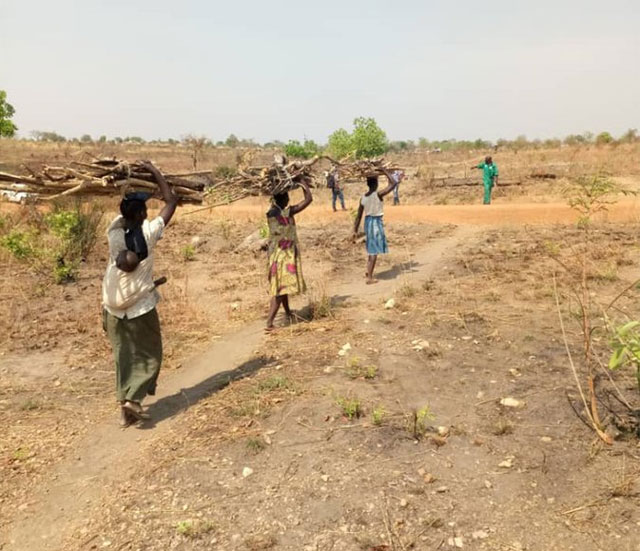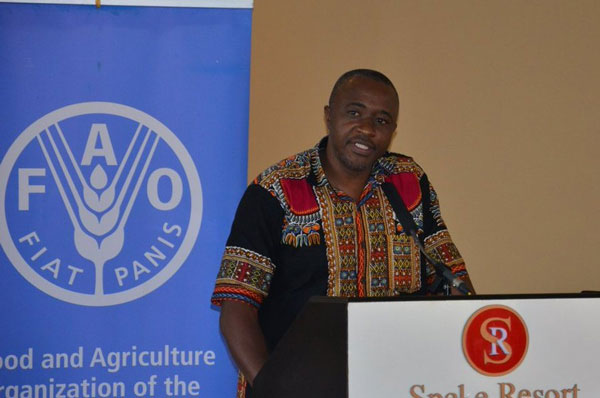
Koboko, Uganda | ISAAC KHISA | Uganda’s host and refugee households are having the same recovery proportions as the East African nation emerges from the coronavirus pandemic, preliminary findings from a recent study show.
However, refugees in Koboko District recovered more than the host though still with lower Resilience Capacity Index (RCI). RCI measures household capacity to avoid stresses and shocks from having long lasting harmful effects.
The study carried out by the Food and Agricultural Organisation in partnership with the Uganda National Bureau of Statistics also shows that around 25% of households experienced lower than the RCI in the fourth wave.
The study found out that the host households experienced the highest shock experience of 89.5% compared to 79.5% in the refugee communities, signaling more resilience of refugees during shocks.
Also, 50.6% of the refugee host households reported loss of income due to coronavirus pandemic compared to 41.2% for the refugee households.
The study was carried out in Adjumani, Arua, Isingiro, Kamwenge, Kikuube, Kiryandongo, Kyegegwa, Lamwo , Moyo and Yumbe, involving four data collection exercises (2017/2018, 2019, 2020 and 2021) and interviewing 2,282 households – 52 percent host 48 percent refugee households.
The study employed Resilience Index Measurement and Analysis (RIMA) Model for programming, monitoring and evaluation.
FAO Economist, Ellestina Jumbe said during a high-level meeting on improving the ‘impact in the Resilience and Social Protection Agenda in Uganda’ at Speke Resort Munyonyo on June 2 that both refugees and host households exhibited variations in resilience though both showed same recovery proportions.

However, senior planning officer in the Office of the Prime Minister and Head of Planning Comprehensive Refugee Response, Ezra Rubondo, said the strong resilience exhibited in refugee households compared to the host households could be attributed to a number of factors including refugees working together as a team, available market for various products and services within their communities and a stronger donor support.
He, however, revealed that a section of refugees have become reluctant to take up available opportunities, only waiting to receive donor support.
Currently, Uganda hosts more than 1.4million refugees, with majority hailing from South Sudan (63.8%), Democratic Republic of Congo (27.8%), Burundi (3.2%), Somalia (2.5%) and Rwanda (1.2%).
Possible solution
Jumbe said the country’s social protection mechanisms should focus on building long-term assets or endowments to address structural vulnerabilities.
“Agencies should give more effort to reducing the gap between exante and expost transfer liquidities to mitigate effects of unprecedented shocks and stressors,” she said.
“Extend the existing policies and emergencies towards nutrition and food security restoration programs.”
She said attention should also be paid to understand how the systematic ways in which the social components in Uganda plays a role in resilience.
 The Independent Uganda: You get the Truth we Pay the Price
The Independent Uganda: You get the Truth we Pay the Price



